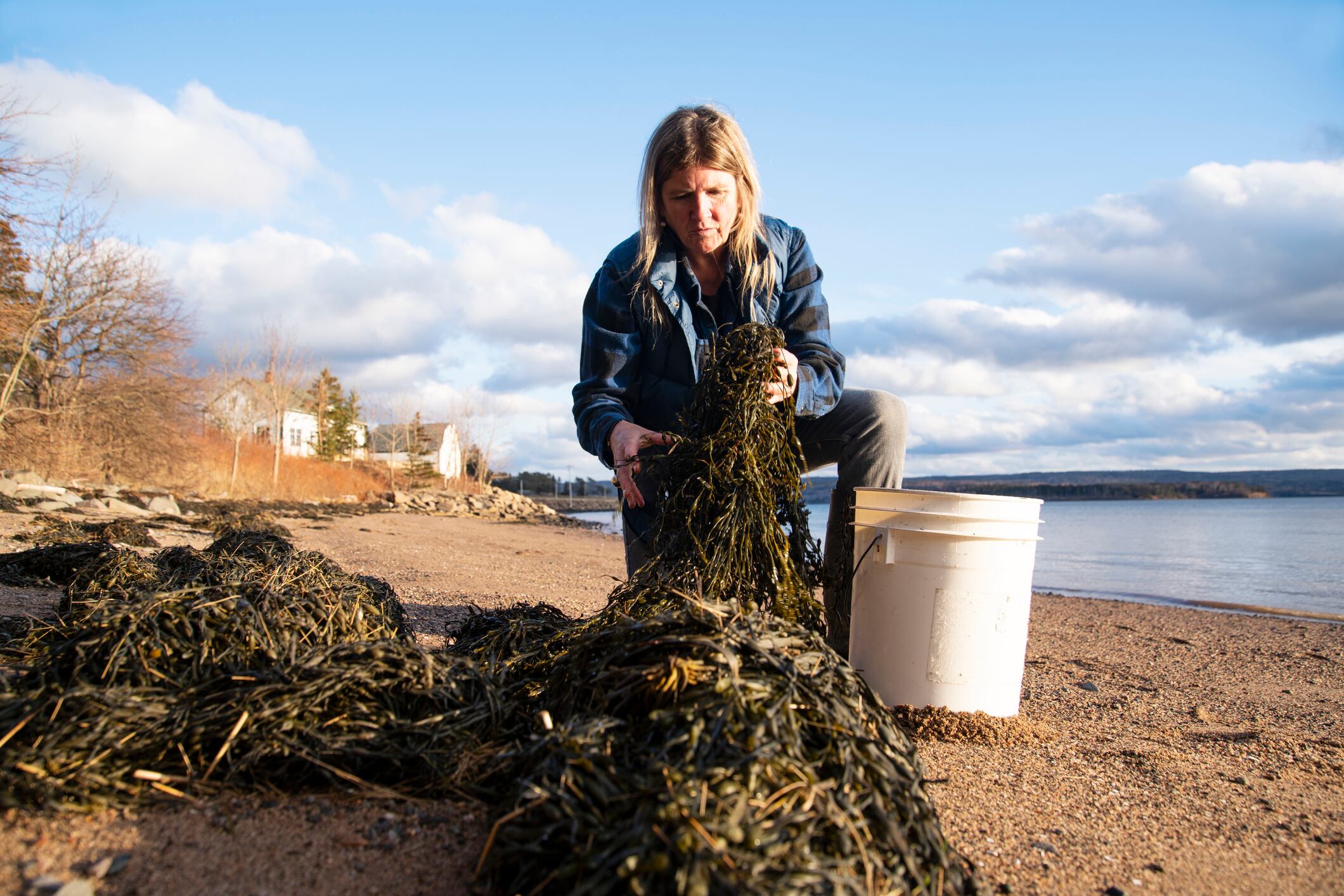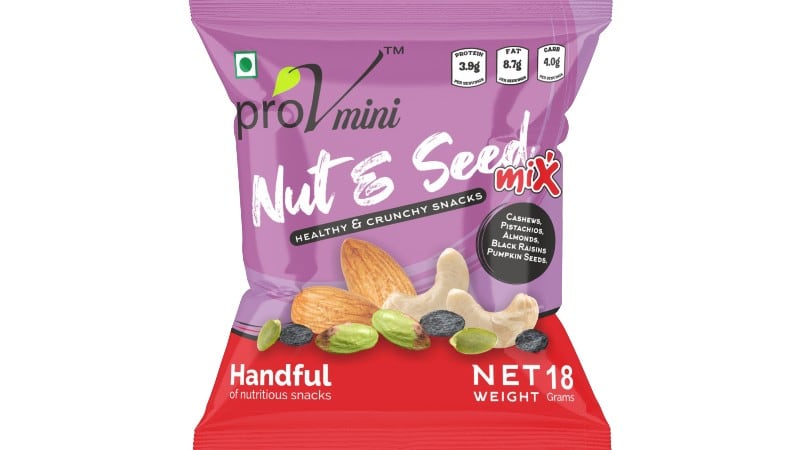They believe that integrating 10% of global diets with seaweed could spare up to 110 million hectares of land used for traditional farming. It would also reduce greenhouse gas emissions and provide annual water savings of almost 54.9 km 3 yr −1, and nitrogen savings of 20.4 Mt yr −1.
The findings were published on Nature Sustainability, and the authors come from The University of Queensland in Australia, CSIRO Agriculture and Food in Australia, University of Tasmania in Australia, and the International Institute for Applied Systems Analysis in Austria.
The research aimed to find out the global expansion potential of seaweed and the impact of seaweed utilization across diet, livestock feed and fuel production, and the environmental footprint of agriculture.
In the study, the authors had optimised publicly available datasets, peer-reviewed literature, and analytical tools to come to their conclusions.
The variables assessed include the viability of harvesting different species for large-scale seaweed aquaculture development, current and forecasted rates of global seaweed consumption, and the distribution of seaweed cultivation of each region to meet the forecasted demand.
While there has been an array of literature eliciting the potential benefits of seaweed farming, the research has been limited when it comes to the ecological impact of seaweed production:
“Despite the recent interest in ‘blue foods’ as a substitute for terrestrial production, seaweeds are often excluded from analyses that explore increased marine production, hence the implications of re-distributing production across terrestrial and marine systems are less well-understood,” the authors state.
The results of the study highlighted that increasing seaweed in diets would save natural lands for restoration or conservation purpose, as well as reduce the use of water and nitrogenous fertilizers.
While the findings were promising, the authors had also factored in the barriers of implementing larger-scale seaweed production given its limited consumption globally. At present it only contributes 2%.
“While seaweed is currently becoming a popular ingredient in many places, for our ‘Food’ scenario to become a reality would require a substantial uptake of seaweed consumption. The possibility of people adopting seaweed at this scale will probably be mediated by a range of factors, including palatability, cultural values, perceived health benefits and social norms,” the paper reports.
Other barriers include the health implications of consuming seaweed in higher proportions as it is known for its high mineral content, as well as investments and infrastructure needed to support seaweed farms for longer-term production.
The building of seaweed farms may also result in competition for space in the marine environment – which is contrary to the idea of utilising seaweed for the benefit of the ‘blue economy’, a concept implying the sustainable use of ocean resources.
“While there is reason to take a precautionary approach and to be sceptical that covering the world’s oceans with seaweed farms will come without challenges or be a ‘quick fix’, acknowledging this potential and designing systems to harness it is an important step towards strengthening the integration of marine and terrestrial food systems and widening the solution space for global sustainability challenges,” the authors concluded.
Source: Nature Sustainability
https://doi.org/10.1038/s41893-022-01043-y
“Reducing global land-use pressures with seaweed farming”
Authors: Spillias, S., et al.




